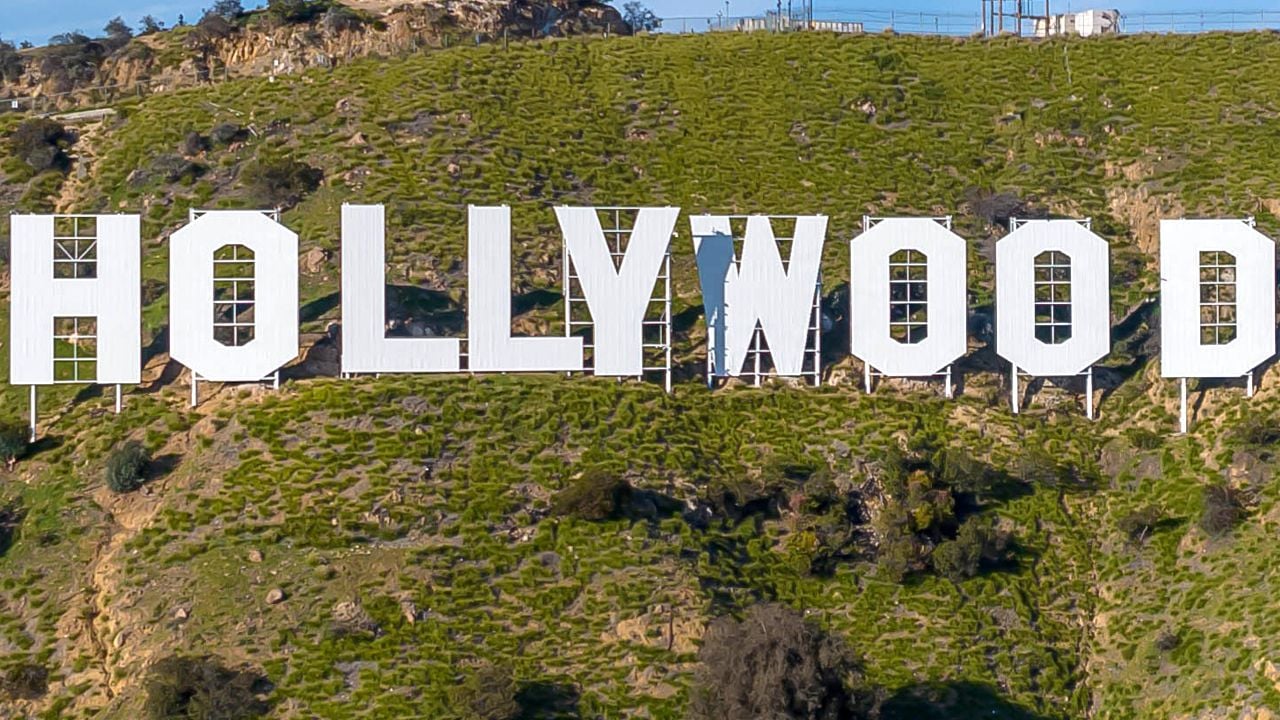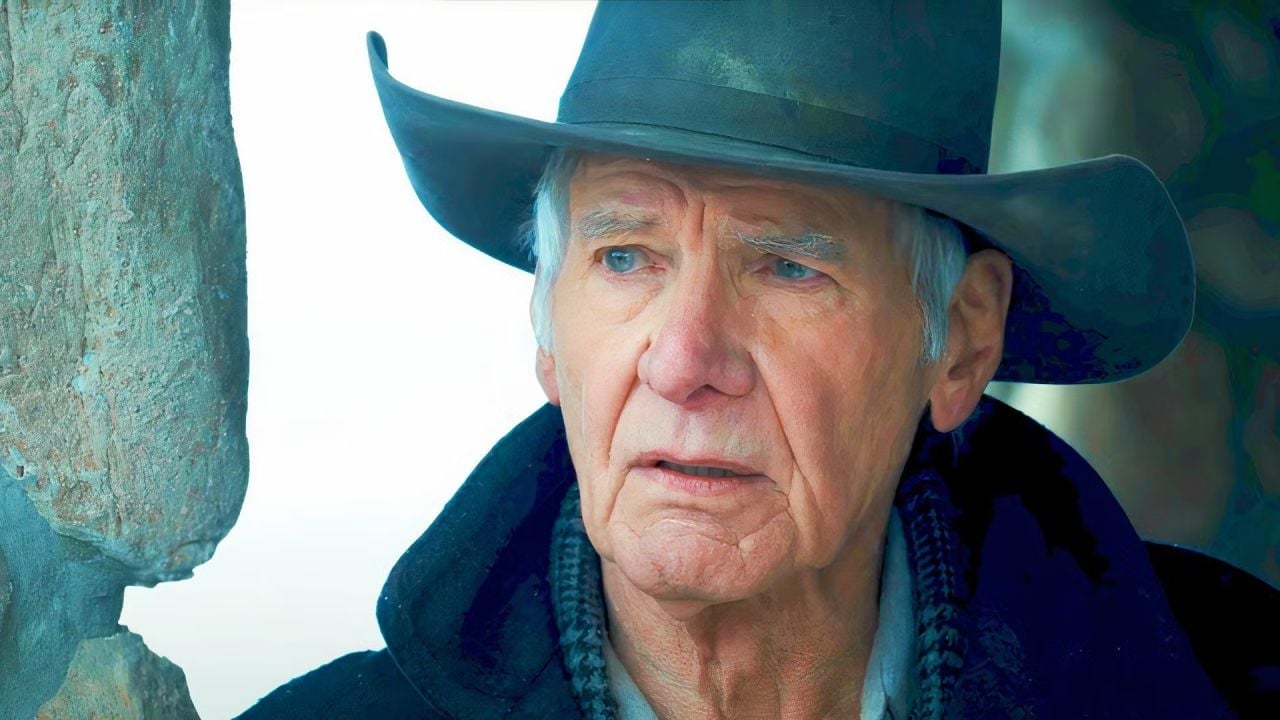If some people today are saddened by the idea of seeing the end of their favorite series – like Succession or Barry in the coming weeks – they haven’t reached the end of their sentence. It’s not just a legacy and a bar that ends. There are more and more chances that the current series will come to an abrupt end. There is no new season of Night Agent. No new season of The Last of Us or The White Lotus.
“Winter is coming“But as for the series! Indeed, since last week, all Hollywood screenwriters have officially voted to go on strike. If an agreement is not reached by May 1, the screenwriters will be forced to put down their keyboards, stop writing jokes. Incredible plots or characters who find themselves in unpredictable situations.
How it happened ? What do writers want? What is it about our favorite movies and series? And why should we start thinking about it seriously?
What is WGA?
Let’s start from the beginning. The Writers Guild of America, or WGA, is the union that represents professional screenwriters in all screenplays, including screenwriters for television, motion pictures, animation, documentaries, and video games.
They negotiate a minimum base salary every three years with major film studios, television stations and producers’ guilds to ensure that writers are paid fairly for their work.
The WGA has been in similar negotiations with the Alliance of Motion Picture and Television Producers (AMPTP) since late March. They are trying to agree on a new contract that will take effect on May 1. On April 17, after two weeks of negotiations, the WGA officially announced that an overwhelming majority of its members, 97.85%, had voted for the right to strike.
“After two weeks at the negotiating table, we have failed to get meaningful answers to fundamental economic questions in the WGA’s core areas of work – screen, episodic television and comedy-variety.“, – said in the press release published by WGA negotiators Deadline.
“They listened politely to our presentations and made only modest progress in a few areas, almost entirely compounded by cuts designed to offset any gains. In short, the studios have shown no sign that they intend to address the issues that our members have resolved to address in these negotiations.“
What are screenwriters asking for?
Although there’s more content than ever, in a March report titled “Screenwriters Not Keeping Up,” the WGA says that while employment is indeed plentiful, it’s not really paying off. He argues that there is an inverse relationship between the amount of content produced during wars between streaming platforms and the overall pay of screenwriters.
The report points to a sharp increase in the number of screenwriters working for the minimum base agreement in roles at all levels, from junior screenwriters to experienced showrunners. It also found that the percentage of TV writers working for the minimum wage fell from one-third in 2013-14 to almost half of writers in 2021-22, and earnings fell 14% over the past five years after adjusting for inflation.
So the WGA has legitimate grievances. To remedy the situation, the WGA’s demands are simple: Give us more money, or we’ll turn off the story faucet. This week, other industry unions, such as the American Federation of Musicians or SAG-AFTRA, expressed support for the WGA.
What if there is a strike?
If the writers decide to go all the way and go on strike, there will be an immediate effect on plays whose format requires daily production. So, talk shows. Then came a series of network series and sitcoms, most of which begin writing in the summer and return to the air in the fall. Series like Abbott Elementary or NCIS will be a direct influence.
When it comes to streaming series, it’s a bit more complicated. While a writer’s strike is unwelcome, the entire model of streaming platforms relies on a pool of content that can be published over a long period of time. For example, Max (HBO’s platform) recently released a trailer for The Penguin, but the series won’t be available until 2024.
Thus, platforms can release their existing series further apart. Because streaming is a relatively new format, there is no clear precedent for the strike’s impact on these players, who will become the backbone of the industry.
How will the strike affect us?
The Hollywood industry will not completely stop filming if the WGA votes to strike. There’s too much money on the table for studios and networks not to find new ways to create and monetize uncredited content. What comes out of this is likely to be damaging to the world of culture. Content coming from artificial intelligence does not mean good.
In 2007, during the previous screenwriters’ strike, it was reality television that stepped in to fill the vacant position for several months. The result, 15 years later, is a takeover of the world of media influence, an American president elected after hosting a reality TV series.
It’s not time to call Halal yet. The WGA has simply agreed to strike for now. He did not sign the strike. He has until May 1st to strike a deal with AMPTP, so this could still be avoided. But both sides seem to be in the thick of things and a strike seems imminent…
Source: Allocine
Rose James is a Gossipify movie and series reviewer known for her in-depth analysis and unique perspective on the latest releases. With a background in film studies, she provides engaging and informative reviews, and keeps readers up to date with industry trends and emerging talents.






